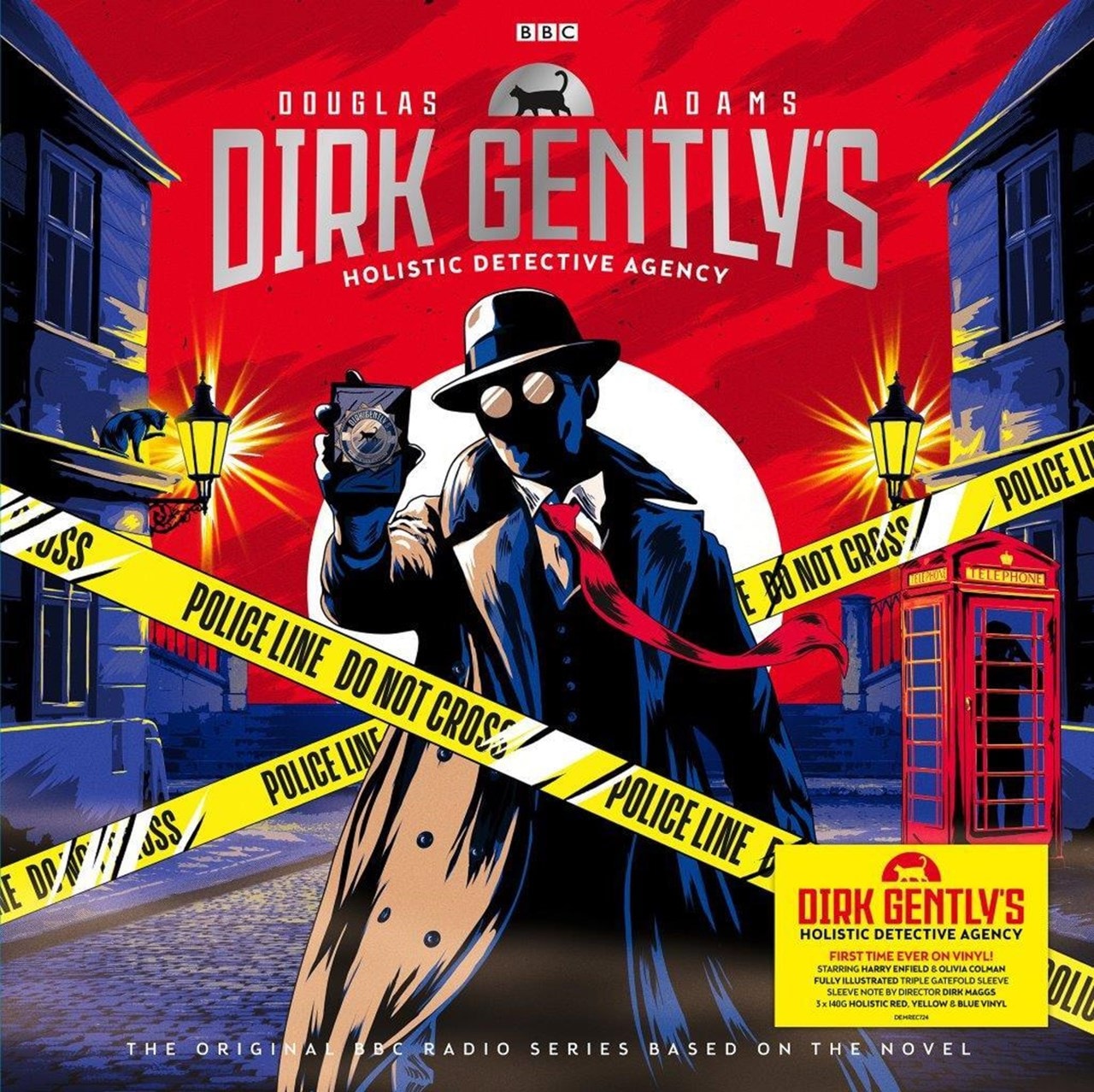

Infodump makes one nervous toward the end

It could have been an epic milestone like the ingenious hitchhiker series, but it is simply too short and too densely packed at the same time, it´s a miracle that this is even possible. The concept of putting as many ideas as possible in as less book space as imaginable worked well for the hitchhiker, but in this case, it was too much, no I mean, less. Toward the end of his life he was a sought-after lecturer on topics including technology and the environment. His fans and friends also knew Adams as an environmental activist and a lover of fast cars, cameras, the Macintosh computer, and other "techno gizmos". A posthumous collection of essays and other material, including an incomplete novel, was published as The Salmon of Doubt in 2002. Adams also originated the idea for the computer game Starship Titanic, which was produced by a company that Adams co-founded, and adapted into a novel by Terry Jones. His other written works include the Dirk Gently novels, and he co-wrote two Liff books and Last Chance to See, itself based on a radio series. In addition to The Hitchhiker's Guide to the Galaxy, Douglas Adams wrote or co-wrote three stories of the science fiction television series Doctor Who and served as Script Editor during the seventeenth season. He was known to some fans as Bop Ad (after his illegible signature), or by his initials "DNA". The series has also been adapted for live theatre using various scripts the earliest such productions used material newly written by Adams. Hitchhiker's began on radio, and developed into a "trilogy" of five books (which sold more than fifteen million copies during his lifetime) as well as a television series, a comic book series, a computer game, and a feature film that was completed after Adams' death. He is best known as the author of the Hitchhiker's Guide to the Galaxy series. Douglas Noël Adams was an English author, comic radio dramatist, and musician.


 0 kommentar(er)
0 kommentar(er)
